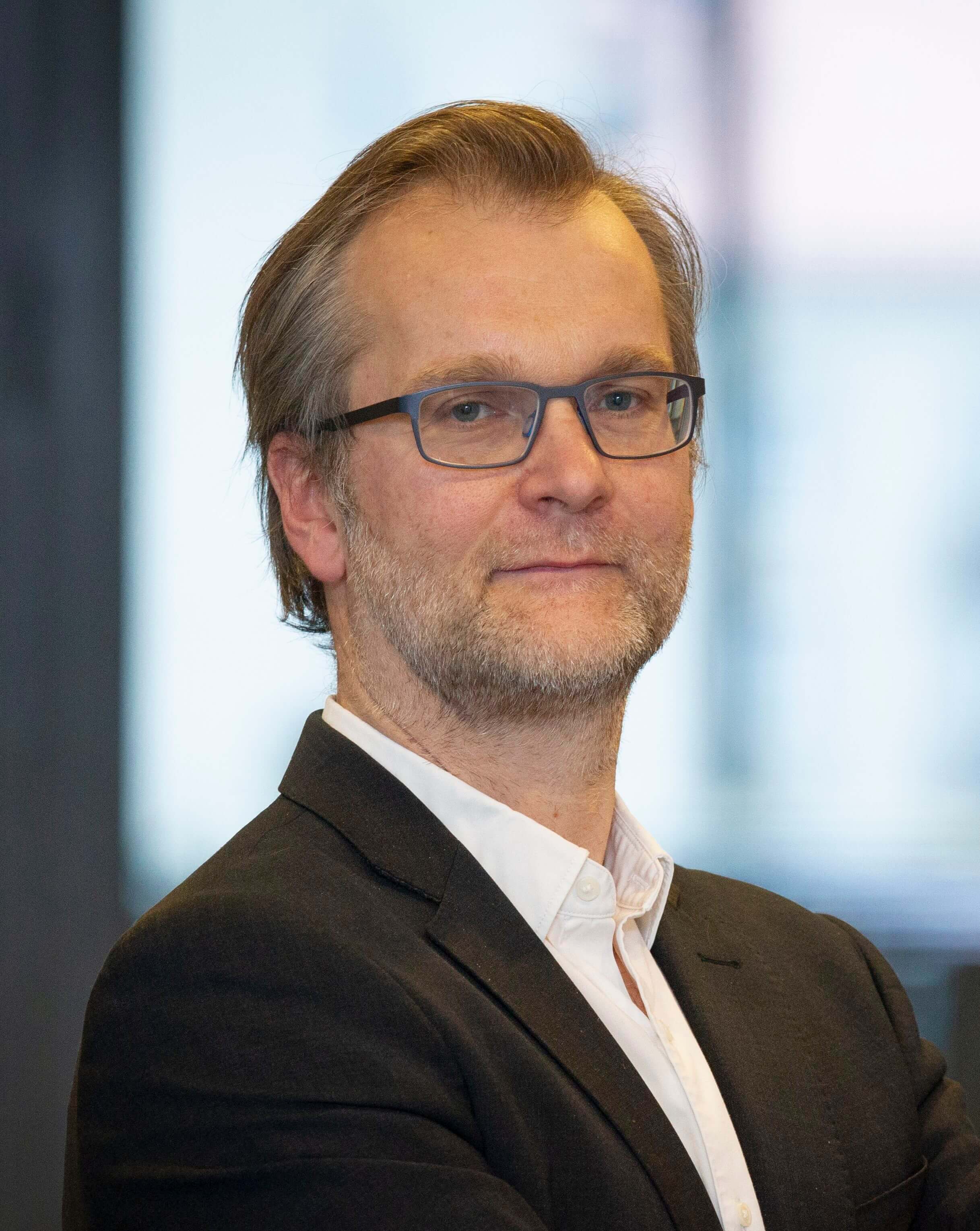Department Seminar: Local Economic Inequality and Depression

Abstract: The potential harmful consequences of economic inequality for human well-being has attracted widespread attention, but there is less robust empirical evidence for this than commonly believed. In this paper, we overcome limitations of existing work by employing individual-level longitudinal administrative data from Denmark over the period 1996-2019. This enables us to (i) measure depression without bias from self-reporting and non-participation (through redemption of prescriptions for antidepressant), (ii) measure income inequality very locally (residential contexts of 500x500 meters) to capture individuals’local, everyday experiences with inequality, (iii) conduct longitudinal (within individual) analyses that address several sources of confounding, and (iv) to test, with high precision, whether inequality is equally harmful for people located differently in the local income distribution. We find a modest negative relationship—higher local inequality is associated with lower prevalence of depression—on average. However, consistent with theories of ”status anxiety”, we find that people react differently to local inequality depending on their position in the local income distribution. For those at the top of the local income distribution—whose income compare favorably to their neighbors, and who are therefore likely to experience higher self-esteem from this comparison—higher inequality is associated with lower prevalence of depression. Conversely, for the less economically privileged in local economic terms, the prevalence of depression increases with higher local inequality. These results highlight the conditionality of claims about the negative consequences of inequality for mental health.
Kim Mannemar Sønderskov is a professor at the Department of Political Science, Aarhus University, and deputy director of the Centre for the Experimental-Philosophical Study of Discrimination at Aarhus University. Sønderskov’s research areas include political behavior and attitude formation, social cohesion, trust, well-being and neighborhood effects. In the context of the Centre for the Experimental-Philosophical Study of Discrimination, Sønderskov investigates contextual drivers of discrimination and perceived discrimination as well as discrimination mitigation. Sønderskov has done interdisciplinary work in epidemiology and political science by analyzing the consequences neighborhood characteristics and major societal events like terrorism and the COVID-19 pandemic for well-being and mental health. His works has appeared among others in the American Journal of Sociology, American Political Science Review, Journal of Politics, British Journal of Political Science, and Nature Human Behavior.
All members of the department and research staff from across the faculty are invited to attend. Please navigate the calendar on the Department and Sociology's website to find upcoming Department Seminars.
